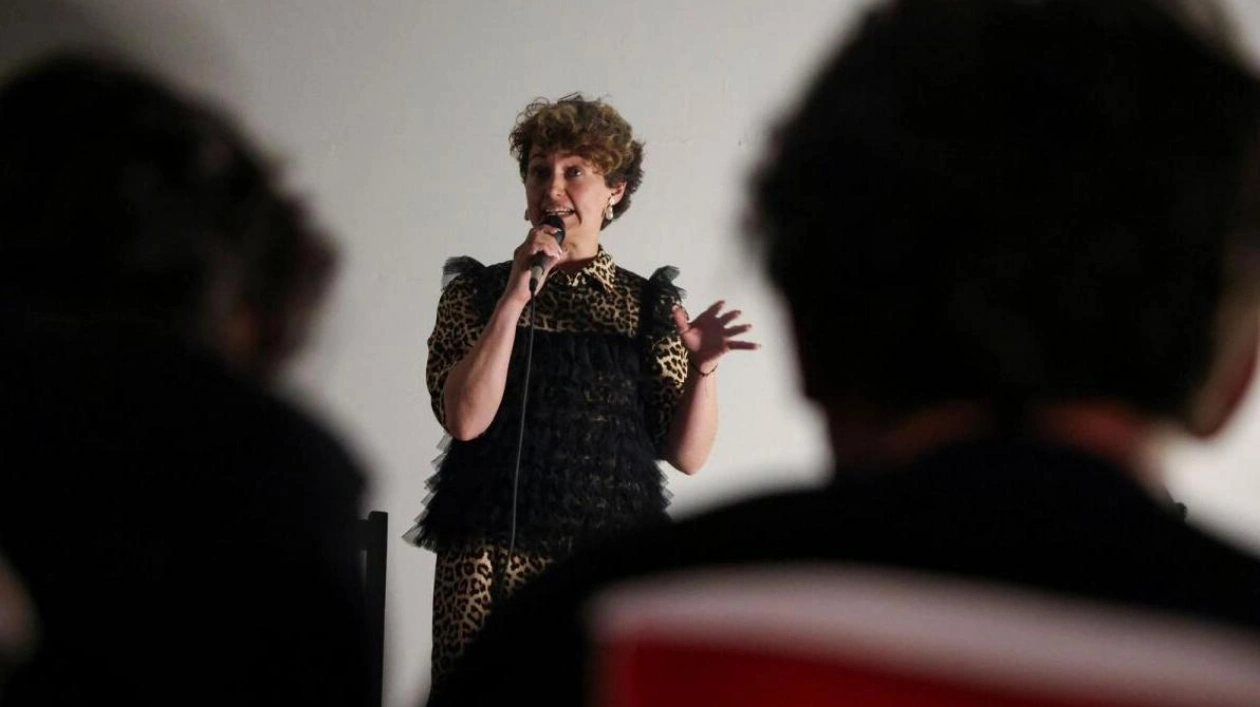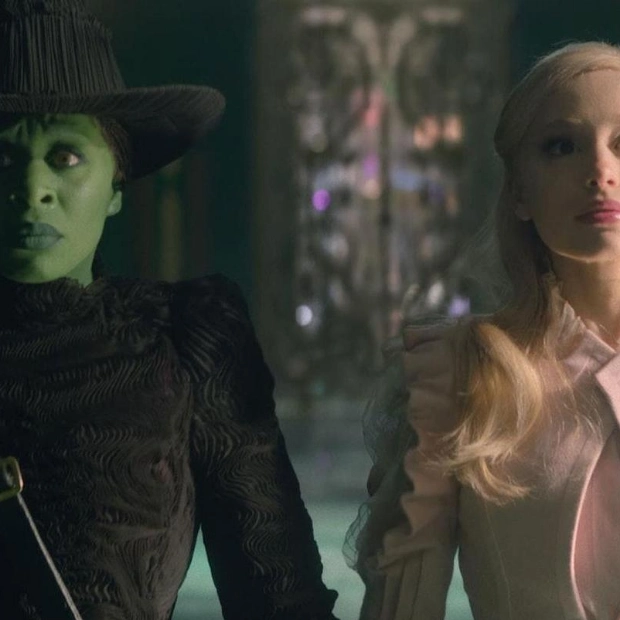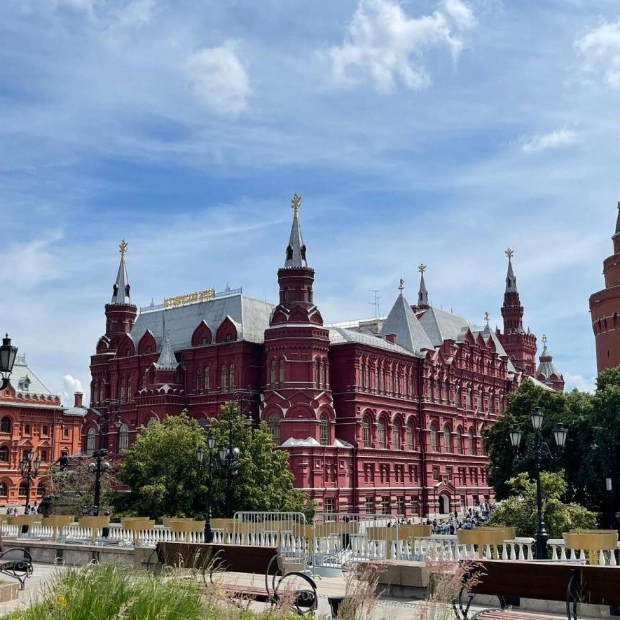On a scorching summer morning in Belgrade, the capital of Serbia, Vadim Morus, a Russian professional ice skater, gracefully moves across an outdoor rink. Morus is 1,600 kilometers away from his hometown of Moscow, but he is starting to feel at home. He fled Russia with his fiancée in 2022, joining the wave of tens of thousands who sought refuge in Serbia following Russia's invasion of Ukraine. The journey is long, but many chose Belgrade due to its deep cultural and religious connections with Moscow.
"There are very few ice skaters in Serbia who can teach others, so I have many Serbian students," said Morus, 24. Since the war in Ukraine began in February 2022, Russians escaping conflict, conscription, or the policies of President Vladimir Putin have formed a vibrant community in Serbia, according to interviews with two dozen immigrants and local officials. While the number of Russians in Serbia is smaller than those who fled to countries like Germany, their presence is strongly felt in Belgrade, a city with a population of less than two million.
Russian-owned clubs, kindergartens, and medical practices have emerged. Russians shop in Russian stores. Russian bands, singers, and comedians perform in Russian clubs, and Russian artists exhibit their work in Russian-owned galleries. Between February 2022 and mid-2023, over 30,000 Russians registered for temporary residence in Serbia, according to the latest interior ministry data. Officials did not provide data for the comparative period before this but noted a significant increase.
During this influx, Russians established 11,081 businesses across various sectors, from internet-based services to hospitality and sports schools, according to Serbia's business registry. Viktor, 42, a veterinarian from St. Petersburg, fled Russian mobilization in the fall of 2022. Unable to practice his profession in Serbia, he works as a handyman in Belgrade, exclusively serving Russians. "I fix plumbing, electrical installations, windows, and even make furniture. I don't really need Serbian customers," said Viktor, who requested anonymity for fear of endangering his family in Russia.
Relations between Serbia and Russia date back centuries and remain friendly, despite Serbia's aspirations to join the European Union, which condemns Russia's invasion of Ukraine. After World War I, thousands of White Russians fled the Communists during the civil war to the newly formed Kingdom of Serbs, Croats, and Slovenes. However, many struggle to integrate and prefer to maintain a small Russian enclave within Serbia. Ironically, many Serbians support Putin and do not share the views of those who fled.
"The pull of Russian culture is too strong for the first generation of Russian emigrants to want to fit into the society they have found themselves in, whether it is Serbian or Western," said Belgrade-based political scientist Aleksandar Djokic. Morus the ice skater was hesitant to discuss his reasons for leaving Russia, but his fiancée Alexandra Mashkanova stepped in. "We left due to ideological reasons. A few days after February 24, we were trying to understand what was happening, and then we decided to leave," she said.






